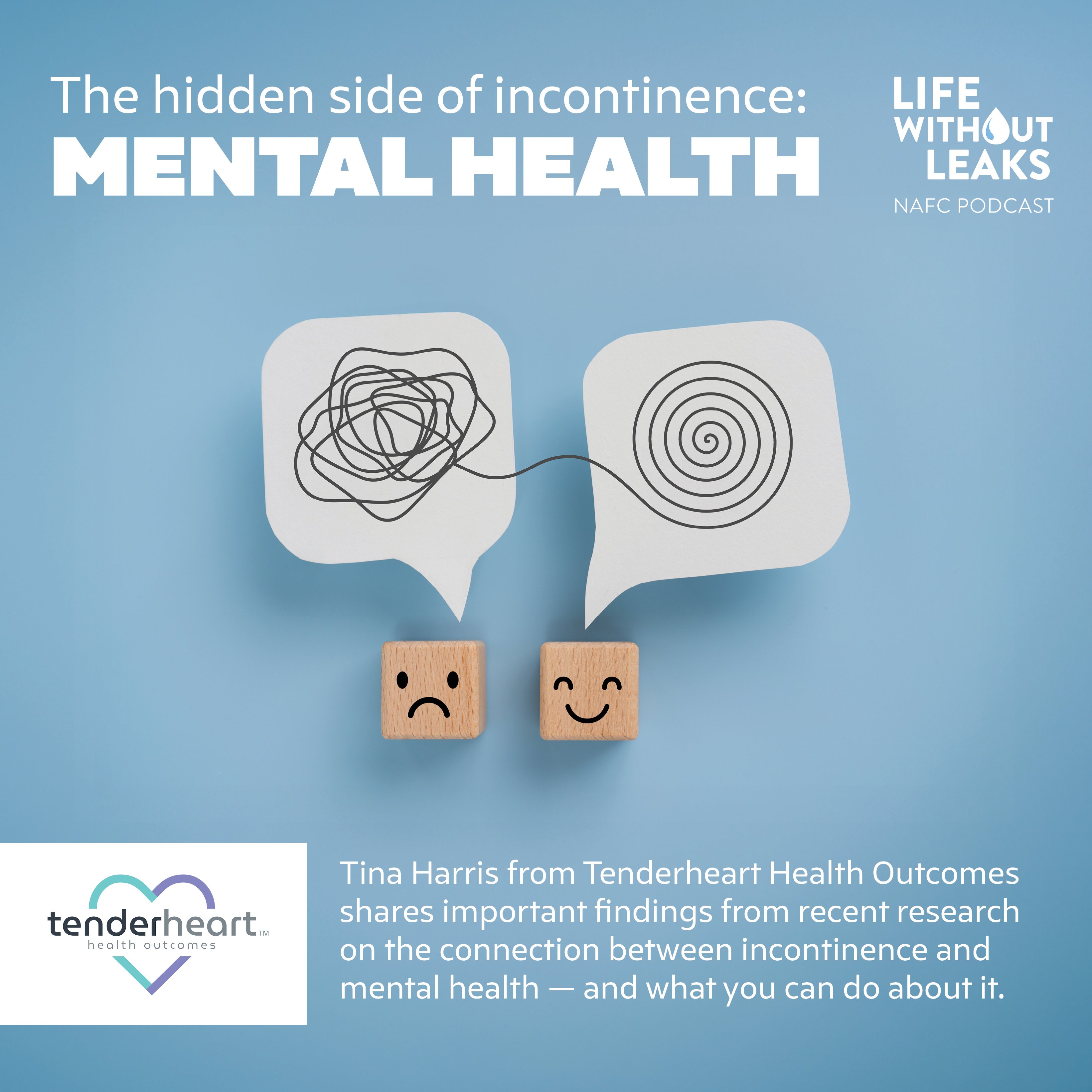While most people who experience bladder issues start with their primary doctor, a Urologist can be a great next step in determining more advanced treatment options. Here’s a breakdown of what urologist do, when to see them, what conditions they treat, and what you can expect at your appointment.
What is a Urologist?
A urologist is a specialist that treats diseases of the urinary tract in both men and women, and also the reproductive system in men. A urologist may generalize in all conditions, or they may specialize in a specific gender, pediatrics, neurological conditions, or oncology.
Urologists are required to complete four years of college, and then an additional four years of medical schooling. After that, they typically spend 4-5 years in a residency program, working with and learning from trained urologists.
What conditions do urologists treat?
Urologists can treat anything related to the urinary tract or male reproductive system. Some common conditions include, but are not limited to:
-
Incontinence (Overactive bladder, urinary incontinence)
-
Bedwetting
-
Prolapse (women)
-
Prostate Health (BPH, prostate cancer)
-
Cancer (bladder, kidney, prostate, testicular)
-
Kidney diseases or stones
-
Peyronie’s disease
-
Erectile dysfunction (men)
-
Infertility (men)
-
Urinary Tract Infections (UTI’s)
A urologist will typically perform various tests to diagnose the condition, and may then suggest a number of different treatment options, potentially including surgery. Urologists are trained in performing specific types of surgery, such as sling procedures for urinary incontinence or prolapse, repairing urinary organs, removing blockages, vasectomy’s, removing tissue from enlarged prostates, or even removing the prostate all together.
When should I see a urologist?
Your primary care doctor may refer you to a urologist if they are not seeing improvements in your symptoms or it the problem requires more specialized care than they can provide. If you experience any of the following, you may want to consult with a urologist:
-
Blood in the urine
-
Pain in lower back , pelvis or sides
-
Painful urination
-
Weak urine flow
-
Any problems related to sexual function if you are a man
Men should also see a urologist regularly for prostate health exams, if they have any problems with infertility, and if they need a vasectomy.
What Can I Expect During My Urology Exam?
As with other doctors visits you’ve had, your urologist will want to get to know you and will ask for your complete medical history, a list of the medications you’re taking, and a rundown of the symptoms or concerns you’re having. If you’ve been keeping any type of bladder or bowel diary, now is the time to share it. Your urologist will also likely ask you for a urine sample, so be sure not to arrive with an empty bladder.
After that, a physical exam will usually follow that will allow the urologist to examine your ailments more closely, and also perform general health checks (such as assessing the prostate in men).
Depending on your condition, other tests may be performed, such as imaging scans, cystoscopy, or urodynamics, PSA test, or testosterone levels, to help better diagnosis your condition.
Once your urologist has a good understanding of the condition, he or she will be able to recommend a treatment plan for you. This may include additional tests to determine severity, behavioral modifications, medications, or even surgery.
If you find that you need to see a urologist, don’t be nervous! They are trained professionals who can help you find the right treatment for your condition. The most important thing to remember when visiting a urologist is to be open and honest when discussing your concerns, even if it feels embarrassing or uncomfortable to you. It’s the only way that your urologist will be able to provide a proper treatment plan for you.











